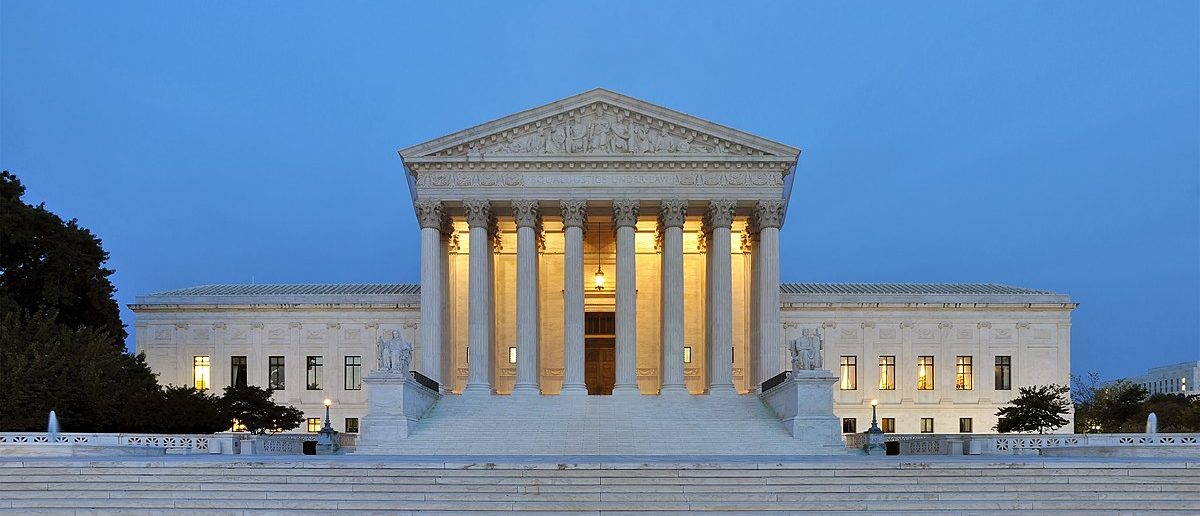Frontier Centre for Public Policy
It seems we are far too Canadian; Yet not Canadian enough

From the Frontier Centre for Public Policy
Oh, Canada. You have been too nice. Too kind. Too silent. For too long.
And now a noisy minority is undermining our country’s values, laws and institutions.
Protestors have taken over many university campuses and they are fomenting hatred toward Jews and Israel. Few Canadians are speaking out. We seem incapable of responding to bigotry and hatred – even when it is occurring right in front of us.
Our silence has allowed (what at one point were) 15 pro-Palestinian encampments (tent cities) to be established in universities across Canada. It’s as if students no longer have to study or find a summer job to pay for tuition.
Instead of doing something productive, they are protesting against Israel’s war against Hamas (the Palestinian government that is also a designated terrorist group). But, in doing so, they have pushed aside the academic tenets that call for a free exchange of ideas and respectful debate on issues.
They are outright demanding that the universities divest any funding that has ties to/or support for Israel. Some groups are even demanding that they sever ties with Israeli academics and their institutions.
Negotiating divestments? Asking for a change to financial policies hardly seems like it could lead to hate-filled invective.
It is always a challenge to know where to draw the line between free speech and hate speech. But nasty words can lead to even worse actions and, in this case, it wasn’t long before the protests took a long jump across that line.
Tensions quickly escalated at McGill University when senior administrators were followed and harassed by masked protestors at their homes and offices. Others hung an effigy of Israeli Prime Minister Benjamin Netanyahu in a striped outfit resembling the uniforms that Jews were forced to wear in concentration camps – you know, where Nazis deliberately killed six million Jews. Yet the police would only act when protesters stormed the admin building. Fifteen were arrested.
Other blatant displays of anti-Semitism popped up on campuses – chants of “Go back to Europe” and “Zionists are terrorists.” Some Jewish students received threats of “We will find you” on their social media accounts.
Can you imagine the response of Canadians if such slogans targeted aboriginals or homosexuals? What if they were chanting “All Muslims are terrorists”?
The outcry would be immediate and in no time at all the protest camp would be shut down. That can be said with certainty because our twisted and biased sense of morality has already reared its ugly head.
At the University of Toronto, a small group of pro-Israel students tried to establish a camp to counter the anti-Jewish vigil. But they were immediately whisked away by police — because of the huge security risk they posed.
Back at McGill, the tent city is now hosting a “revolutionary youth summer program” and even advertised it with an image of terrorists wearing keffiyehs (black and white scarves), covering their faces and clutching machine guns. It was a picture from decades ago but that doesn’t negate its power to incite fear and violence.
Jewish students told a House of Commons committee that they no longer feel safe and are forced to hide their identities. The University of Waterloo had to tell students making complaints of anti-Semitism that they could no longer do anything about it because there were too many complaints to investigate!
McGill University’s president says, “none of this is peaceful protesting. It is designed to threaten, coerce and scare people.” The president at U of T told MPs that “anti -Semitism has been a growing presence recently in our university.”
As tensions have escalated, very little action has been taken. The police don’t seem to want to act, and administrators are too busy wringing their hands. The primary criticism against taking action is that it would be seen as too ‘authoritarian’ to shut down free speech. After all, this is Canada.
Of course, having to hide your ethnicity and Semitic identity in public doesn’t exactly smack of Canadian values either.
Canadians have been silent as we witness the fragmentation of our civil society. It brings to mind a famous poem entitled “First They Came.” It was written by a German who was initially a Nazi supporter but changed his views when he was imprisoned for speaking out against Nazi control of the churches.
“First they came for the Communists, and I did not speak out because I was not a Communist;
Then they came for the Socialists, and I did not speak out because I was not a Socialist;’
Then they came for the trade unionists, and I did not speak out because I was not a trade unionist;
Then they came for the Jews, and I did not speak out because I was not a Jew;
Then they came for me and there was no one left to speak out for me.”
This week, as we celebrate Canada and Canadian values, take some time to think about the things we are willing to stand for and the things which we must stand against.
Susan Martinuk is a Senior Fellow at the Frontier Centre for Public Policy and author of the book, Patients at Risk: Exposing Canada’s Health-care Crisis.
Business
High Taxes Hobble Canadian NHL Teams In Race For Top Players
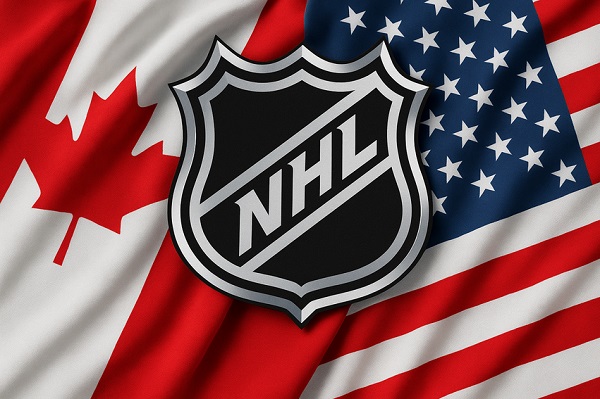
From the Frontier Centre for Public Policy
By Lee Harding
Canada’s steep income taxes leave NHL players with less cash in their pockets, putting Canadian teams at a serious disadvantage against their U.S. rivals. Find out why it’s not just bad luck that Canada hasn’t won the Stanley Cup in decades.
NHL commissioner Gary Bettman badly underestimates how much higher income taxes in Canada put Canadian teams at a serious competitive disadvantage by reducing players’ take-home pay and limiting their ability to attract top talent.
The NHL salary cap limits how much teams can spend on player salaries each season, so higher taxes mean players on Canadian teams effectively take home less money for the same salary, putting those teams at a disadvantage when competing for talent.
In a recent TNT broadcast, Bettman dismissed the idea that teams might adjust the salary cap to offset income tax differences, calling it “a ridiculous issue” and saying taxes were only “a little bit of a factor.” Pointing to high state taxes in California and New York, he asked, “What are we going to do? Subsidize those teams?”
What Bettman either ignored or didn’t understand is that every Canadian NHL player faces significantly higher income taxes than any of their U.S. counterparts. According to the Fraser Institute’s 2023 study, Ontario’s top marginal tax rate is 53.5 per cent, and even Alberta’s is 47 per cent. Compare that to the highest U.S. state rate among NHL locations—Minnesota at 41.85 per cent, California at 41.3 and New York at 38.85. Several states, including Florida, Texas, Nevada and Tennessee, impose no state income tax at all.
This tax gap translates into huge differences in players’ actual take-home pay, the money they keep after taxes. With a 2024-25 NHL salary cap of US$88 million, Toronto Maple Leafs players collectively earn $5.7 million less after taxes than Edmonton Oilers players, and a staggering $18.9 million less than players on the tax-free Florida Panthers. That difference alone could sign a star player and shift competitive balance.
Leafs fans frustrated by two decades of playoff disappointment should look less to coaches and management and more to Canada’s punishing tax system that drives talent south of the border or limits how much teams can pay. Lower taxes are a proven magnet for high-priced talent, driving better results and stronger teams.
University of Calgary economist Trevor Tombe calls this the “great divergence,” referring to the growing gap between the U.S. and Canadian economies. He points out that U.S. GDP per capita outpaces Canada’s by 43 per cent, and the gap is widening. This economic advantage means U.S. teams operate in wealthier markets with more financial flexibility, enabling them to offer players better after-tax compensation and attract top talent more easily than Canadian teams can.
Canadian teams also face more intense media and fan pressure in smaller markets, adding to their challenges. The NHL’s prolonged Stanley Cup drought for Canadian teams since 1993 isn’t just bad luck. Statistically, the odds of no Canadian team winning the Cup in over 30 years are about one in 781. Tax policy plays a major role in this unlikely streak.
Don’t blame Bettman or the NHL. Blame the Canadian governments that keep imposing high taxes that punish success, stifle economic growth and keep Canadian teams from competing on a level playing field. Unless tax policy changes, Canadian hockey fans should expect more frustration and fewer championships.
Lee Harding is a research fellow for the Frontier Centre for Public Policy.
Alberta
Alberta Trailblazing On Property Rights Protections
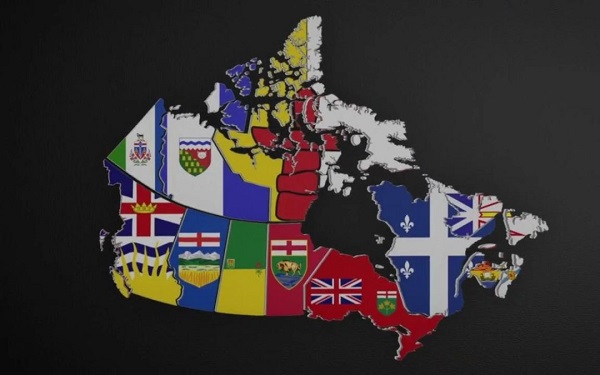
From the Frontier Centre for Public Policy
Most pundits missed it, but Alberta’s revised Bill of Rights just strengthened property rights in a big way. Senior research fellow Joseph Quesnel breaks down how new amendments could protect landowners from regulatory takings—government actions that restrict property use without compensation. He examines key Supreme Court of Canada rulings and explains why every Canadian jurisdiction should take note. Could this be a game-changer for property rights?
Property rights amendments prevent governments from seizing land or restricting its use without compensation
Alberta is one of the few Canadian jurisdictions with a citizen’s bill of rights outlining fundamental freedoms. In 1972, the Lougheed government introduced the Alberta Bill of Rights, which supersedes other laws and requires provincial legislation to be consistent with it.
Premier Danielle Smith faced controversy last year for amending Alberta’s Bill of Rights. While most commentators focused on the amendments protecting the right to refuse vaccinations, they overlooked the significance of changes that strengthen property rights.
Section 1 now states: “The right to the enjoyment of property and the right not to be deprived thereof to the extent authorized by law and except by due process of law.”
Another new clause reads: “The right not to be subject to a taking of property except to the extent authorized by law and where just compensation is provided.”
The law defines a “taking” in two ways: as “a transfer of property ownership without the consent of the owner (expropriation)” and as a situation where “an owner of property [is] being deprived of all reasonable uses of that property.”
Unlike the United States, Canada lacks constitutional protections for property rights. While Canadians have some legal safeguards, they are not as extensive as those in the U.S. In the British common law tradition, there is a presumption that if the government takes a citizen’s property, it must follow legal procedures and provide compensation.
This principle dates back to the Magna Carta of 1215, which opposed arbitrary seizure, and extends to the 1920 British case Attorney General v. De Keyser’s Royal Hotel, which ruled: “Unless the words of the statute clearly so demand, a statute is not to be construed to take away the property of a subject without compensation.”
Following this precedent, federal, provincial and territorial governments in Canada must provide fair compensation when expropriating property. While provinces and territories have different expropriation laws, they all require due process.
However, a legal loophole allows governments to deprive citizens of their property without compensation. Courts refer to this as a “regulatory taking” when government regulations restrict land use to the point that it is effectively expropriated.
The Supreme Court of Canada ruled on regulatory takings in two cases: Canadian Pacific Railway Co. v. Vancouver (2006) and Annapolis Group Inc. v. Halifax Regional Municipality (2022). The court determined that compensation for regulatory takings requires two conditions: the government must acquire a beneficial interest in the property, and the regulation must remove all reasonable uses of the land. A beneficial interest means the government gains a financial share or the right to occupy a property without legally owning it.
Peter Russell, one of Canada’s top constitutional law scholars, argued that the requirements established in the CPR case are nearly impossible to meet. Proving the removal of “all” reasonable uses sets a high bar, granting governments broad discretion to restrict land use without compensation.
The Annapolis ruling clarified this issue. The Supreme Court determined that municipalities do not need to gain a proprietary interest in a property to constitute a regulatory taking. Instead, a claimant only needs to prove the government received “a benefit or advantage accruing to the state” due to regulatory activity. This means the government can deprive a titleholder of potential economic use without taking legal ownership.
The Annapolis decision also established that courts must consider future-oriented land uses when determining whether a regulatory taking has occurred. The amended Alberta Bill of Rights now explicitly includes both expropriations and regulatory takings, strengthening property rights protections.
This amendment is significant because it expands safeguards for Albertans by applying not only to provincial laws but also to municipal bylaws. While Alberta cannot enforce laws that conflict with the amended Bill of Rights, the revisions give courts more authority to ensure governments treat citizens fairly.
The updated Bill of Rights is now law in Alberta. Other provinces and territories should follow its lead and strengthen protections for their citizens.
Joseph Quesnel is a senior research fellow with the Frontier Centre for Public Policy.
-
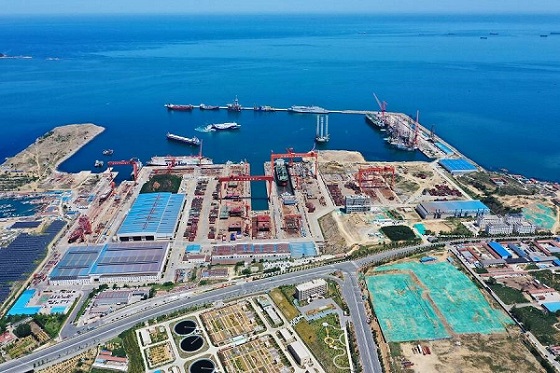
 Business24 hours ago
Business24 hours agoOttawa Slams Eby Government Over Chinese Shipyard Deal, Citing Security and Sovereignty Risks
-
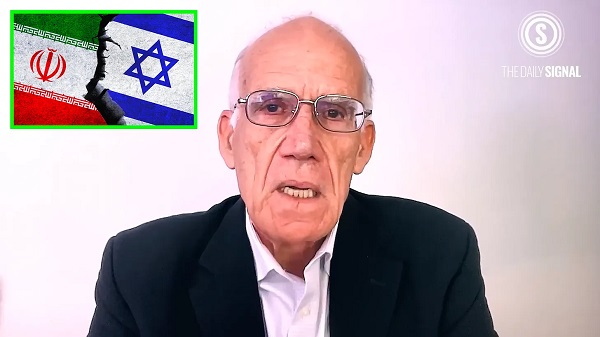
 conflict2 days ago
conflict2 days agoVictor Davis Hanson Makes a Disturbing Prediction About What Happens If Iran Survives
-
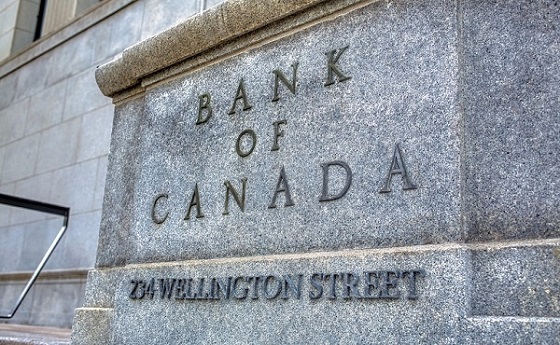
 Banks1 day ago
Banks1 day agoTop Canadian bank studies possible use of digital dollar for ‘basic’ online payments
-

 Automotive1 day ago
Automotive1 day agoCarney’s exercise in stupidity
-
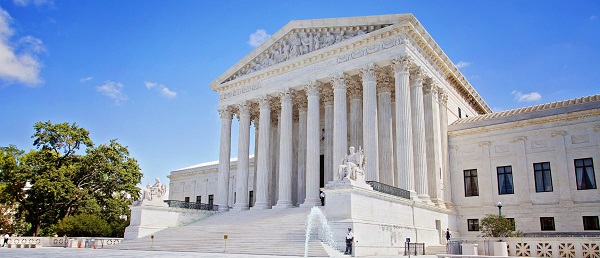
 Automotive2 days ago
Automotive2 days agoSupreme Court Delivers Blow To California EV Mandates
-
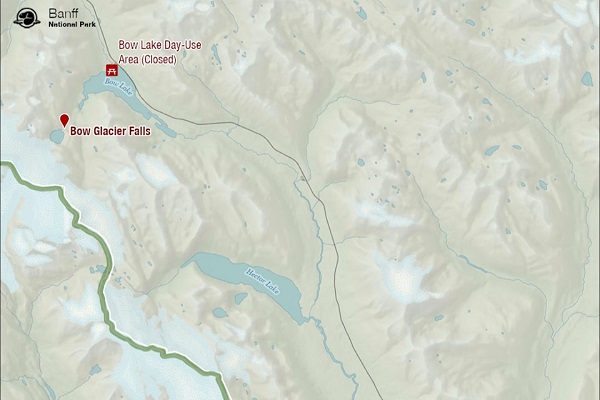
 Alberta2 days ago
Alberta2 days agoSecond body recovered from Bow Glacier Falls rockslide. Police identify first victim
-

 Alberta2 days ago
Alberta2 days agoAlberta Trailblazing On Property Rights Protections
-

 Alberta1 day ago
Alberta1 day agoHigh costs, low returns – Canada’s wildly expensive emissions cap
